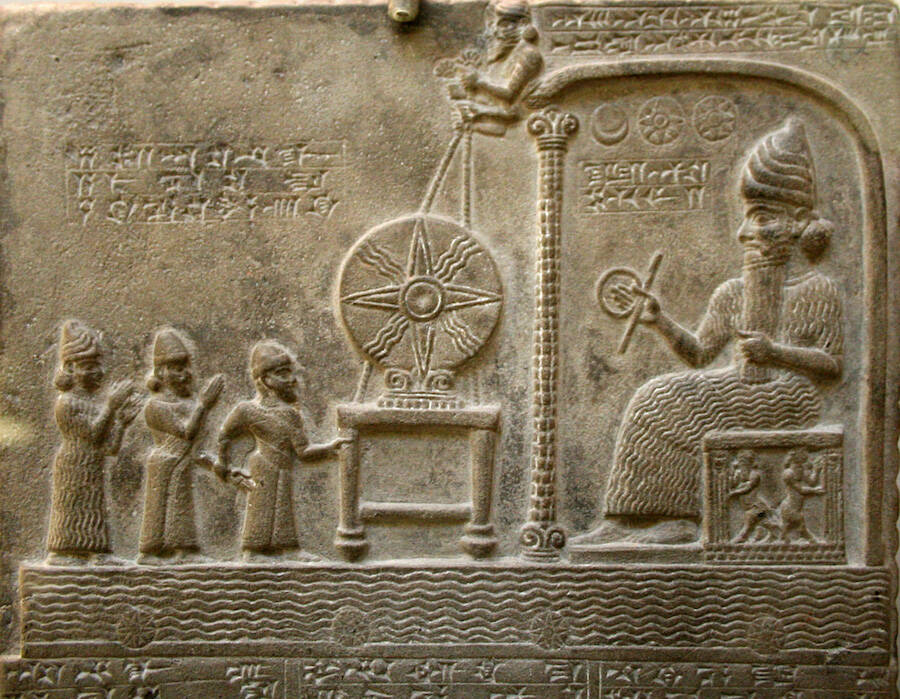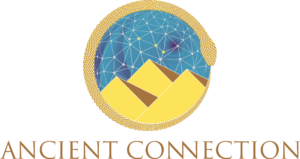ANCIENT & SACRED TEXTS
An archive of ancient mythological, historical and sacred texts that have one thing in common: they are accounts of what ancient civilizations thought to have happened on Earth before the deluge, or, as we want to call it, the Younger Dryas event.

The Epic of Gilgamesh is a cuneiform text that narrates the story of Gilgamesh, a demi-god that embarks on a journey to speak to the survivor of the Great Flood, Ut-Napishtim, to know secrets from antediluvian times.
The Enuma Elish is the first written creation myth, here in its paleo-Babylonese form. The Book of Genesis was heavily inspired by this text.
The Atra-Hasis, or Tablet of the Covenant, is the story of how the Anunnaki created mankind and then decided to bring the flood on Earth. Enki, the benevolent god, decides to save humanity by informing Atra-Hasis of the coming catastrophe, instructing him on the building of a life-saving boat.
Adapa and the Food of Life is the first written text to speak about Adapa or “Adamu”, the first man according to the Book of Genesis. In this older, cuneiform text, he is described as the assistant of the benevolent god Ea, also known as Enki, and the first of the Seven Sages.
The Sumerian King List is a chronological list of all the rulers of ancient Mesooptamia, including the ones that ruled before the great flood -some with incredibly long lifespans.
Apocrypha
The Book of Enoch is the most controversial book of the Apocrypha. Between angels descending on Earth to sin with the daughters of men, giants, and Enoch himself being taken to the sky with the angels, it is no surprise that this text was banned from the canonical Bible.
Old Testament
The Book of Ezekiel is one of the most enigmatic books of the Bible: it describes the encounter between Ezekiel and God in a very detailed way. Because of the nature of these particular details, many believe that the Book of Ezekiel may describe an extraterrestrial encounter.
Critias is a dialogue written by Plato in 360 B.C.E. about the history of Atlantis. Interestingly, he puts the sinking of Atlantis exactly when the Younger Dryas event happened, as we now understand with modern science. Is it possible that the Younger Dryas impact caused the disappearing of Atlantis?
